What Does Yuzu Smell Like?

A small, bumpy citrus fruit native to Japan, yuzu is a note well-beloved in local cuisine as well as perfumery. Its juice and zest are often used as souring ingredients in food, similar to the way lemon peel and juice are sometimes used. Similarly, in perfumery, yuzu lends a touch of unique, delicate citrus sparkle, bright and sunny and sour.
Yuzu fragrance materials are almost always essential oils. Hypothetically, producing an absolute from yuzu is possible, but the sheer quantity of material needed for such an extraction, combined with the relatively short life of any delicate citrus material, means it’s almost never done. The equation just doesn’t make sense. The material would be quite expensive without having much additional depth and longevity.
Similarly, while a CO2 extract of yuzu hypothetically could be done, I’m not seeing any on the market right now. I’m not entirely sure why — CO2 extracts of citrus rinds are not unheard of, with sweet orange and lemon CO2 extracts being relatively common — but I’m guessing the lesser popularity of yuzu in perfumery is part of the reason for this. In any case, it’s likely only a matter of time.
For this reason, this material write-up focuses only on yuzu essential oil.
Yuzu Essential Oil
Like all citrus notes, yuzu is clean, sparkly, and bright. Its timbre feels closest to lemon to me: bright, snappy, yellow, fresh. It’s a touch sour and a touch bitter, with a pithy rindiness rivaling that of grapefruit.
That bitterness and rindiness is what really defines the smell of yuzu essential oil to me. It smells so much more like pith, like peels, like rind and bitter zest, than many other citrus notes.
Yuzu feels sweeter to me on skin than it does out of the bottle. On skin, its character is quite like bergamot with a dash of sweet orange. It has light, lilting sweet nuances that remind me of mandarin orange or tangerine, balanced with more sourness and zest.
It’s the sort of fresh citrus one feels would be quite delightful in a delicate cream-colored bar of hand soap for sale in an ornately illustrated and bejeweled paperboard box.
A very mild sweet orange oil, an edge of lemon, some grapefruity pith, and a bitter bergamot-like sophistication to it all. That’s what yuzu smells like to me.
Just like any other citrus essential oil, yuzu is a fleeting top note. This means it’s not likely to last on skin for longer than just a few minutes. In my experience, Yuzu is often even more ephemeral and fleeting than other citrus notes. Perhaps this is partly because we have more aromachemicals to convincingly prolong the lifespan of notes like sweet orange and lemon, but the unique, delicate sunny and bitter intricacies of yuzu cannot yet be convincingly replicated by many man-made molecules.
And then again, perhaps this essential oil is just even more short-lived and volatile than most. Applied to skin at full strength (do as I say, not as I do — always dilute essential oils before applying topically!), I can honestly hardly smell a whiff of yuzu even five minutes later.
And yet, even in this incredibly weak state, yuzu really needs to be diluted to reach its full potential. There’s a concentrated medicinal smell to the essential oil that reminds me a bit of something like tea tree oil and lavender oil.
All of these notes smell entirely different when properly diluted, but there’s a characteristic muddy, pine-y, almost medicinal sourness I’ve found in all of these essential oils when smelled straight. It’s a sort of terpenic nuance, almost like a coniferous sort of woody smell. It’s fresh in a way that could almost be just a tiny bit salty. But still, in the midst of all that, a rich, bitter citrus rind is unmistakable.
The depth of that rind-y smell actually feels quite romantic to me. Yuzu is a fresh scent that has incredible complexity and depth. It stands out among other citrus notes in this regard. I feel like I can dive deeper and deeper into its bitter and sour depths to the very end of each breath. Something about it makes my heart pound a little. Perhaps it’s the similarity to bergamot I find in yuzu’s darker, smokier corners, the sophisticated polish of it all that’s reminiscent of quirky teacups and the awkwardly desperate love between people who wear very serious dark-rimmed glasses.
Tangy, Sparkly, Bittersweet
Yuzu is one of the lightest, freshest, most complex citruses I’ve ever smelled. Think of it like grapefruit plus lemon with a little bit of mandarin orange. It’s incredibly zesty, smelling like bright yellow citrus peels all the way down. It’s an incredibly special and complex citrus note, perfect for lovers of citrus peel smells. There’s a dose of bitter pith and peel here that’s hardly found anywhere else.
If that doesn’t sound like your thing, though, don’t fret. Yuzu is an incredibly short-lived note that’s likely to evaporate within the first few minutes a perfume or cologne is on your skin. It usually adds just a touch of fizz and sparkle to the top notes of a scent before it elegantly fades away.
Yuzu Perfumes and Colognes
Fragrances with notes of yuzu include:
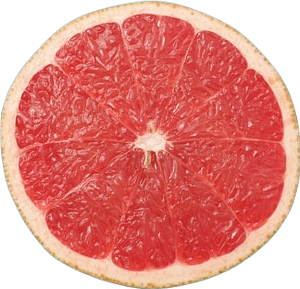

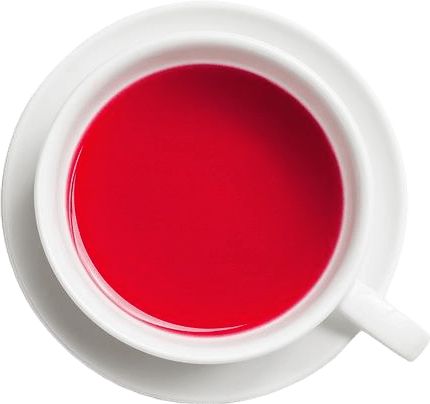
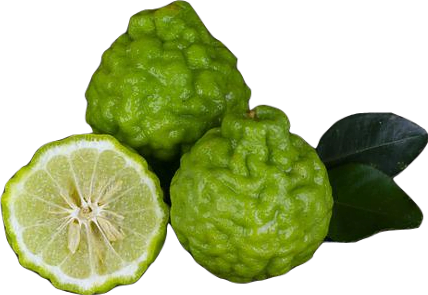
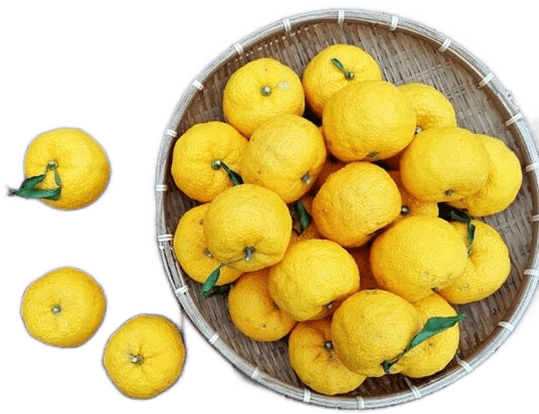


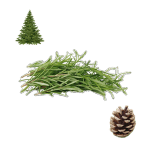


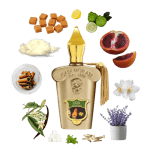
One thought on “What Does Yuzu Smell Like?”